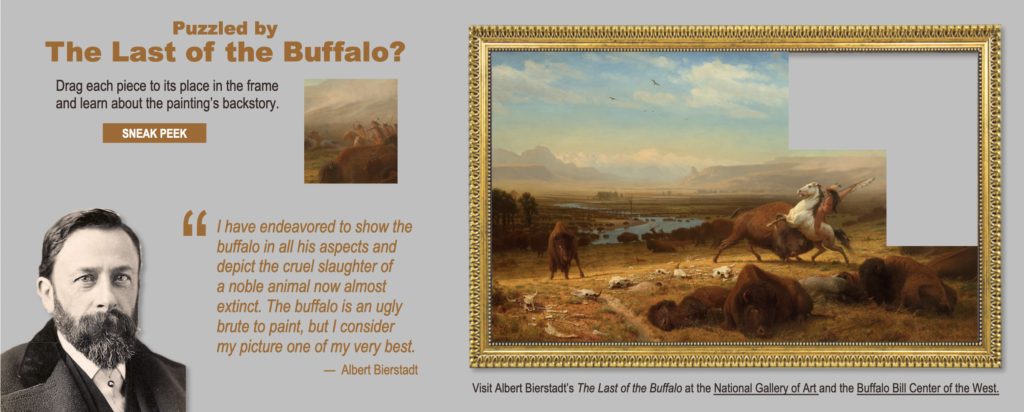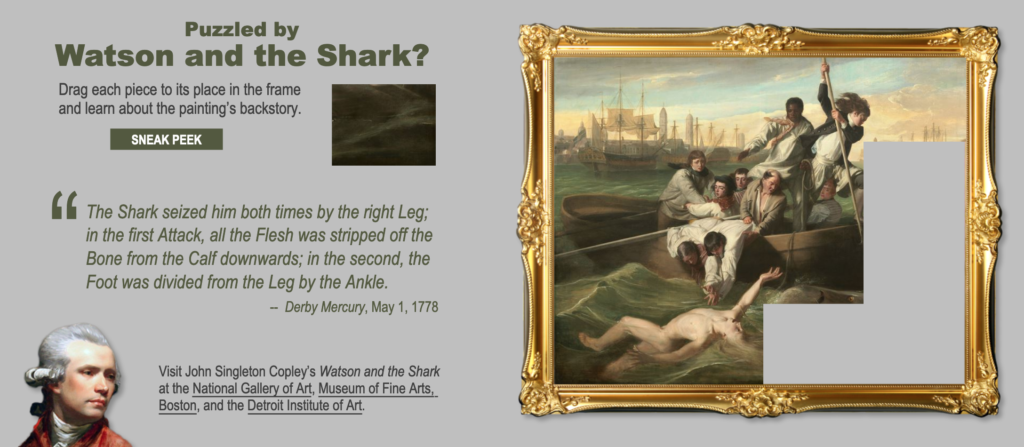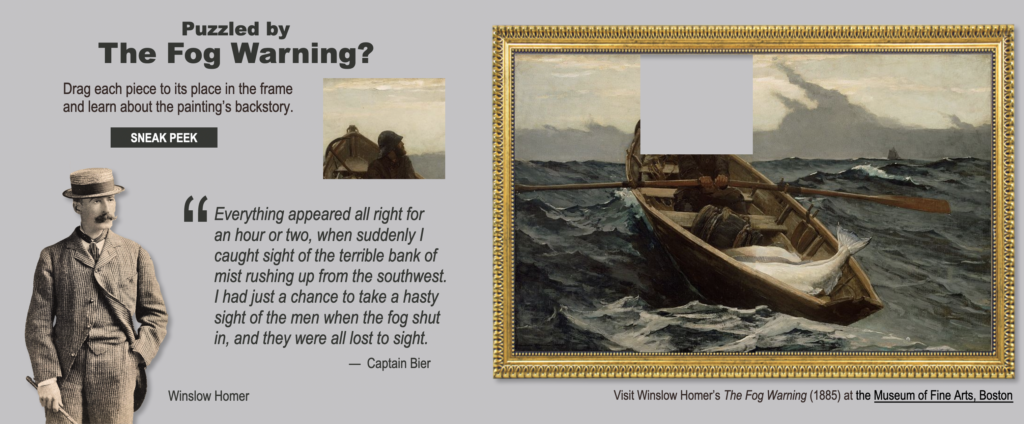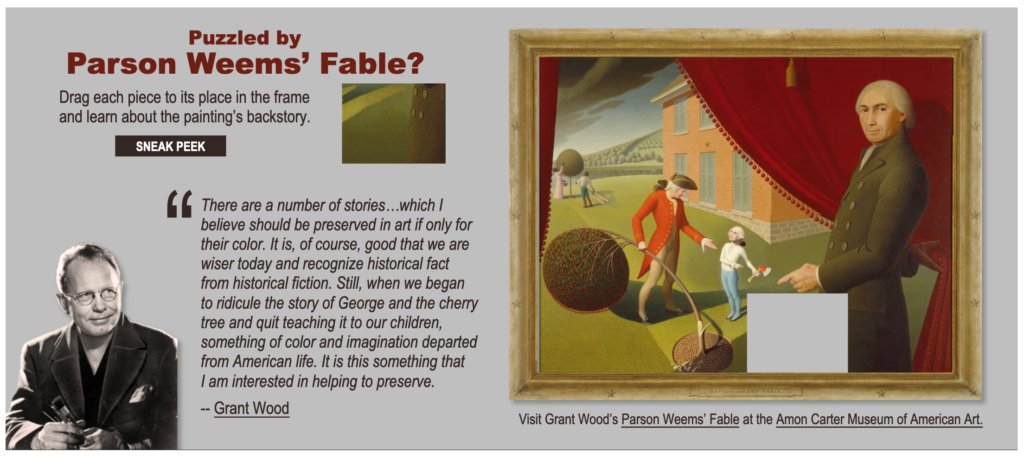For your consideration, thoughts from the classroom
“At the very least, participatory involvement with the many forms of art can enable us to see more in our experience, to hear more on normally unheard frequencies, to become conscious of what daily routines have obscured, what habit and convention have suppressed.”
— Maxine Greene, Releasing the Imagination
“Knowledge emerges only through invention and re-invention, through the restless, impatient, continuing, hopeful inquiry human beings pursue in the world, with the world, and with each other.”
—Paulo Freire, Pedagogy of the Oppressed
“The task is to restore confidence between the refined and intensified forms of experience that are works of art and the everyday events, doings, and sufferings that are universally recognized to constitute experience.”
— John Dewey, Art as Experience
“Men’s conscious life of opinion and judgment often proceeds on a superficial and tivial plane. But their lives reach a deeper level. The function of art has always been to break through the crust of conventionalized and routine consciousness, common things, a flower, a gleam of moonlight, the song of a bird, not things rare and remote, are means with which the deeper levels of life are touched so that they spring up as desire and thought. This process is art.”
— John Dewey, The Public and Its Problems
“I feel that all knowledge should be in the free-trade zone. Your knowledge, my knowledge, everybody’s knowledge should be made use of. I think people who refuse to use other people’s knowledge are making a big mistake. Those who refuse to share their knowledge with other people are making a great mistake, because we need it all. I don’t have any problem about ideas I got from other people. If I find them useful, I’ll just ease them right in and make them my own.”
— Myles Horton, We Make the Road by Walking: Conversations on Education and Social Change
“I’m much better at working out ideas in action than I am in theorizing about it and then transferring my thinking to action. I don’t work that way. I work with tentative ideas and I experiment and then with that experimentation in action, I finally come to the conclusions about what I think is the right way to do it.”
— Myles Horton, We Make the Road by Walking: Conversations on Education and Social Change
“Creativity that satisfies and affirms your world view is Entertainment. Creativity that challenges and disrupts your world view is Art.”
—Neil deGrasse Tyson
“Imagination is the source of every form of human achievement. And it’s the one thing that I believe we are systematically jeopardizing in the way we educate our children and ourselves.”
— Ken Robinson
“I can do things you cannot, you can do things I cannot; together we can do great things.”
— Mother Theresa
For your consideration, thoughts from the White House and Capitol Hill
“When power leads man towards arrogance, poetry reminds him of his limitations. When power narrows the areas of man’s concern, poetry reminds him of the richness and diversity of his existence. When power corrupts, poetry cleanses, for art establishes the basic human truths which must serve as the touchstones of our judgement. The artists, however faithful to his personal vision of reality, becomes the last champion of the individual mind and sensibility against an intrusive society and an officious state. The great artist is thus a solitary figure. He has, as Frost said, “a lover’s quarrel with the world.” In pursuing his perceptions of reality he must often sail against the currents of his time. This is not a popular role.”
— John F. Kennedy
“The Arts and Sciences, essential to the prosperity of the State and to the ornament of human life, have a primary claim to the encouragement of every lover of his country and mankind.”
— George Washington
“I must study politics and war that my sons may have liberty to study mathematics and philosophy, geography, natural history, naval architecture, navigation, commerce, and agriculture, in order to give their children a right to study painting, poetry, music, architecture, statuary, tapestry, and porcelain.”
— John Adams
“Art is a nation’s most precious heritage. For it is in our works of art that we reveal to ourselves and to others the inner vision which guides us as a nation. And where there is no vision, the people perish.”
— Lyndon B. Johnson
“In addition to giving our children the science and math skills they need to compete in the new global context, we should also encourage the ability to think creatively that comes from a meaningful arts education.”
— Barak Obama
“Aeschylus and Plato are remembered today long after the triumphs of Imperial Athens are gone. Dante outlived the ambitions of thirteenth century Florence. Goethe stands serenely above the politics of Germany, and I am certain that after the dust of centuries has passed over cities, we too will be remembered not for victories or defeats in battle or in politics, but for our contribution to the human spirit.”
— John F. Kennedy
“In an atmosphere of liberty, artists and patrons are free to think the unthinkable and create the audacious; they are free to make both horrendous mistakes and glorious celebrations.”
— Ronald Reagan
“An elementary school that treats the arts as the province of a few gifted children, or views them only as recreation and entertainment, is a school that needs an infusion of soul. That arts are an essential element of education, just like reading, writing, and arithmetic.”
— William Bennett, Former US Secretary of Education
“The arts are not a frill. The arts are a response to our individuality and our nature, and help to shape our identity. What is there that can transcend deep difference and stubborn divisions? The arts. They have a wonderful universality. Art has the potential to unify. It can speak in many languages without a translator. The arts do not discriminate. The arts can lift us up.”
— Barbara Jordan, Former Texas Congresswoman




